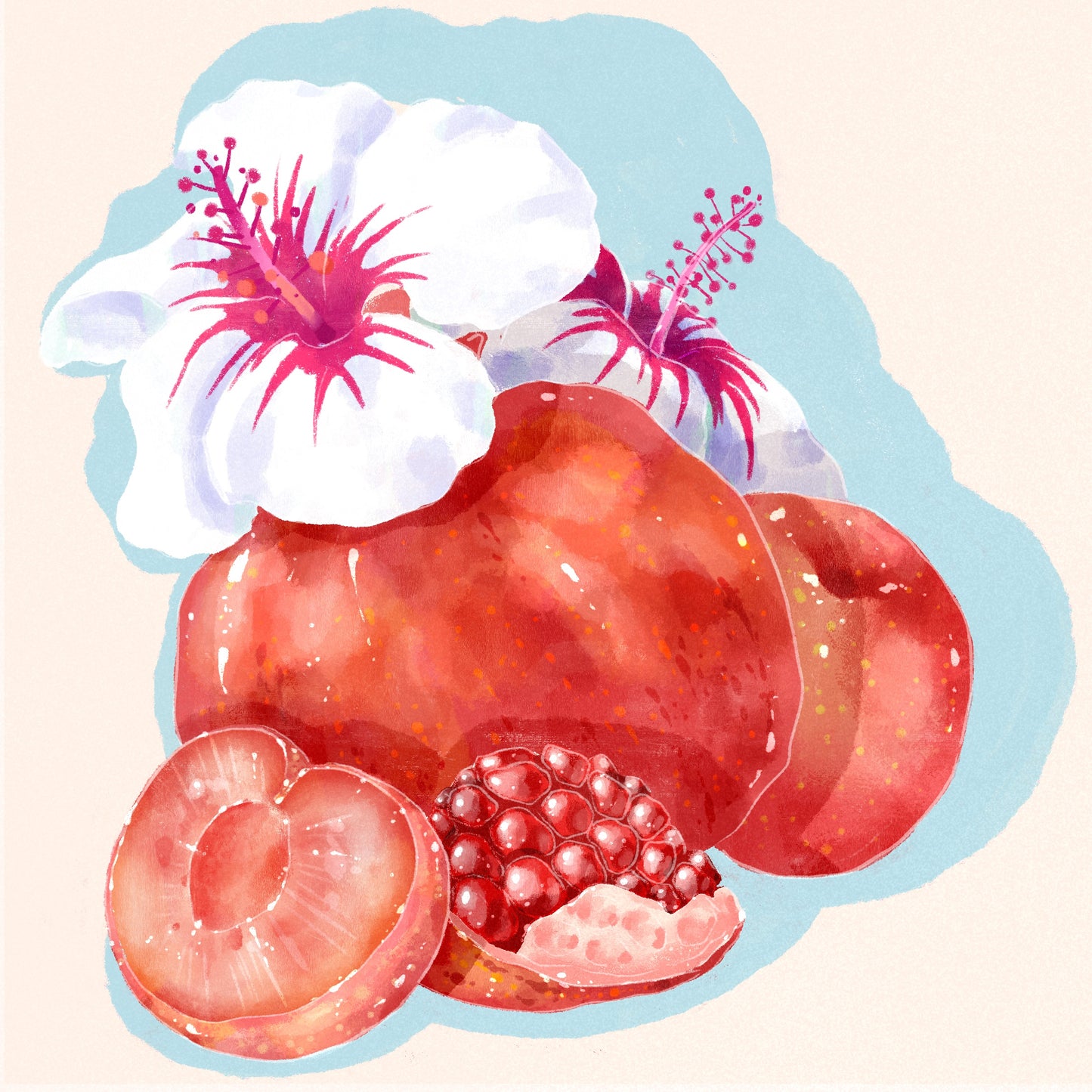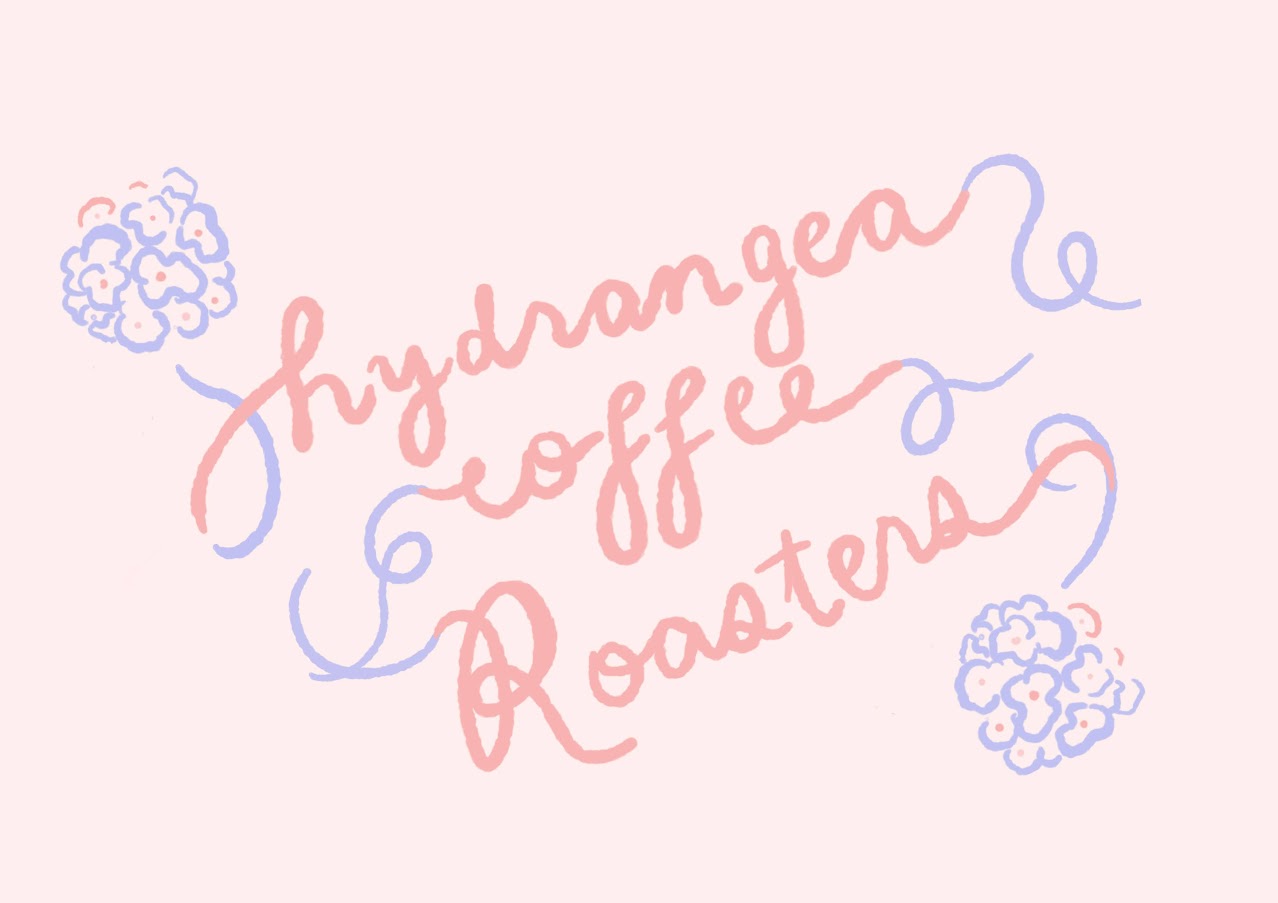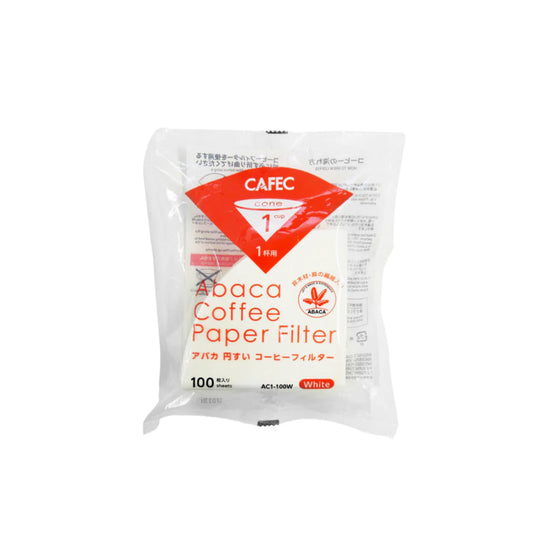Hydrangea Coffee Roasters
Gesha
Sous‑vide Sutera EXT (ステラ)
Hachi Project
Gesha - Sous‑vide Sutera EXT (ステラ) - Hachi Project
Couldn't load pickup availability
Tastes Like: Pomegranate, Pluot, Hibiscus
Origin: Jurutungo Farm, Chiriquí, Panama
Variety: Gesha
Producer: Allan Hartmann and Diego Bermudez
Elevation: 2,000-2,200 masl
Process: Extended Sous-vide
The Sous-vide Process developed at Hachi is a precise, thermally controlled enzymatic protocol inspired by culinary science but adapted to unlock new dimensions in coffee post-harvest transformation. In this method, washed parchment coffee is vacuum-sealed with its own mucilage and an enzymatic solution, then immersed in a sous-vide water bath maintained at 60°C for two hours. The vacuum-sealing creates an anaerobic environment, while the gentle heat activates specific enzymes that catalyze the breakdown of complex carbohydrates and the release of bound aroma precursors — all without the unpredictable influence of microbial fermentation.
At the core of the process is the targeted use of purified enzymes, especially pectinase and glucosidase, which are highly active under heat. These enzymes cleave structural polysaccharides in the mucilage and release glycosidically bound volatile compounds, such as monoterpenes and aromatic alcohols. The sous-vide environment maintains a stable temperature and pressure, preventing oxidation and preserving delicate aromatics that would typically degrade in open-air drying or spontaneous fermentation. Rather than relying on yeast or bacteria to drive biochemical change, this method allows flavor transformation to occur through controlled, non-microbial catalysis.
What makes the Sous-vide Process unique is its repeatability, cleanliness, and clarity of expression. It enables producers to reveal sweet, aromatic, and fruit-forward profiles even in coffees that might lack natural complexity, all without introducing microbial risk or fermentation artifacts. The process is particularly effective for varietals with dense structure or subtle aromatics, as it amplifies what is already present in the bean. In essence, it is not fermentation — it is precision unlocking, where enzymatic science meets thermal engineering to push coffee into new sensory territory.


Brewing Accesories
-
CAFEC Abaca Filters
Regular price $10.00 USDRegular priceUnit price per -
APAX LAB Mineral Concentrates
Regular price From $36.00 USDRegular priceUnit price per -
Yearn Tour x Hydrangea Pink Double Walled Tasting Cup
Regular price $15.00 USDRegular priceUnit price per -
Hydrangea "Pepe" Fellow Stagg EKG Kettle
Regular price $210.00 USDRegular priceUnit price per






